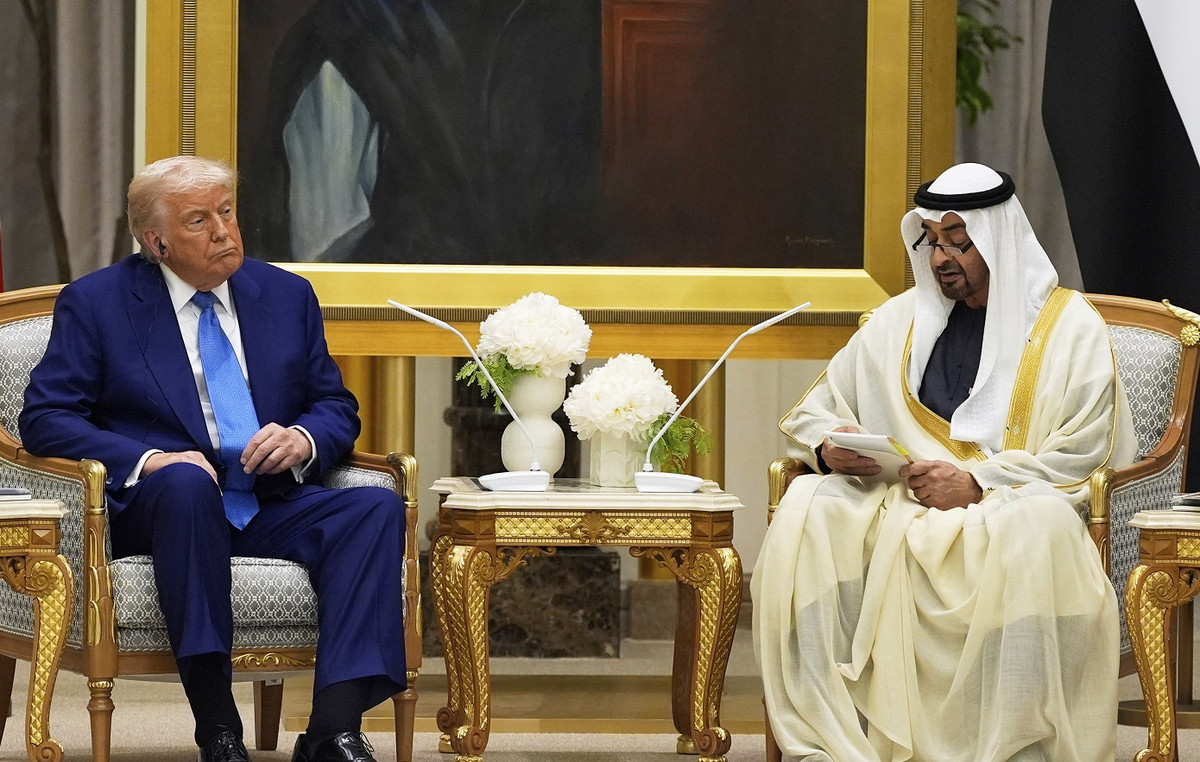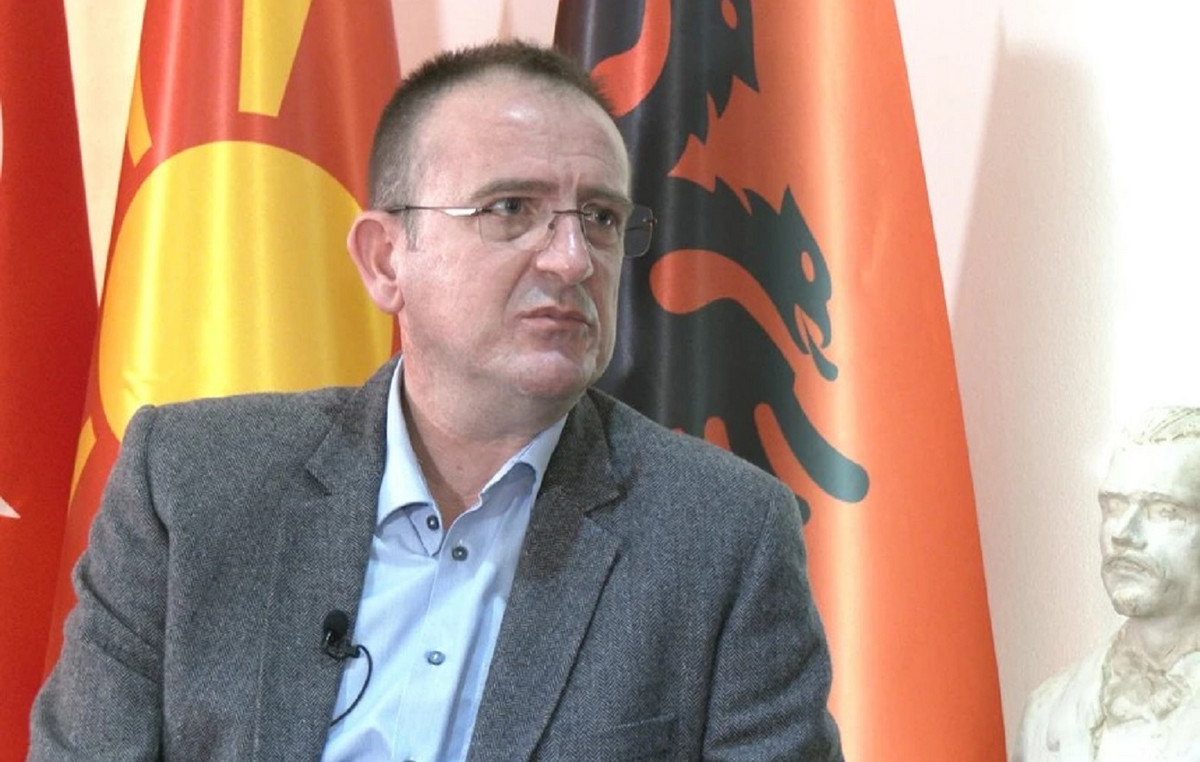The Minister of the Federal Supreme Court, Luís Roberto Barroso, defended, this Sunday (10), that the preservation of the Amazon Forest goes hand in hand with a sustainable economy. In an interview with CNN during COP28, the minister suggested the creation of what he called a “forest bioeconomy” for the Amazon.
“We need to provide sustainability for the more than 20 million people who live in the region. The idea of bioeconomy for now is a label, but we need to put substantive things under this label, which is industrialization that preserves the forest, the use of the wisdom of local populations, which can make a contribution to medicine in general, cosmetics, new fabrics . There are many things that can be extracted from the forest, but it depends on science, technology, investment and innovation. Therefore, alongside the need to preserve the forest, it is also necessary to provide economic and social sustainability for the people of the region,” he said.
The minister also defended that Brazil plays an environmental leadership role, by exploring the country’s potential in the use of clean energy. “Brazil will have to find a balance between inevitable oil exploration and a necessary energy transition.”
Agribusiness
The representative of the Supreme Court also said, in an interview with CNN that there is no need to treat the preservation of the Amazon and legitimate agribusiness as opposite poles.
“Agribusiness has become one of the main sources of wealth in the country. It is the locomotive of the Brazilian economy and must be treated with the importance it has. I think that this antagonism between agribusiness and the environment was artificially created and it absolutely does not exist. The country depends on agribusiness for its development and agribusiness depends on environmental protection”, he said.
Environmental defense
Barroso participates in COP28, in Dubai, in the United Arab Emirates, alongside the minister of indigenous peoples, Sonia Guajajara.
Alongside Guajajara, the minister stated that the Supreme Court has the role of defending environmental rights, even when there is no majority in the legislature. According to the minister, it is a “cause of humanity that needs to be advanced”.
“It’s an enlightenment role. It’s an exceptional role. Very rare, but very important, is the protection of environmental rights, even when legislative majorities have not acted. And even when the majority of society is demobilized. Still, we need to push history in the right direction,” said Barroso.
The STF decided, in September, that the thesis of the time frame in indigenous lands is unconstitutional. At the end of the month, after the supreme court’s overturn, the Senate approved a bill, supported by the ruralist bench, which creates a time frame for indigenous lands. The portion of the proposal was vetoed by President Lula. Now it is up to Congress to analyze the President of the Republic’s veto. The case could be heard in the Supreme Court if the veto is overturned by parliamentarians.
Source: CNN Brasil
Bruce Belcher is a seasoned author with over 5 years of experience in world news. He writes for online news websites and provides in-depth analysis on the world stock market. Bruce is known for his insightful perspectives and commitment to keeping the public informed.







